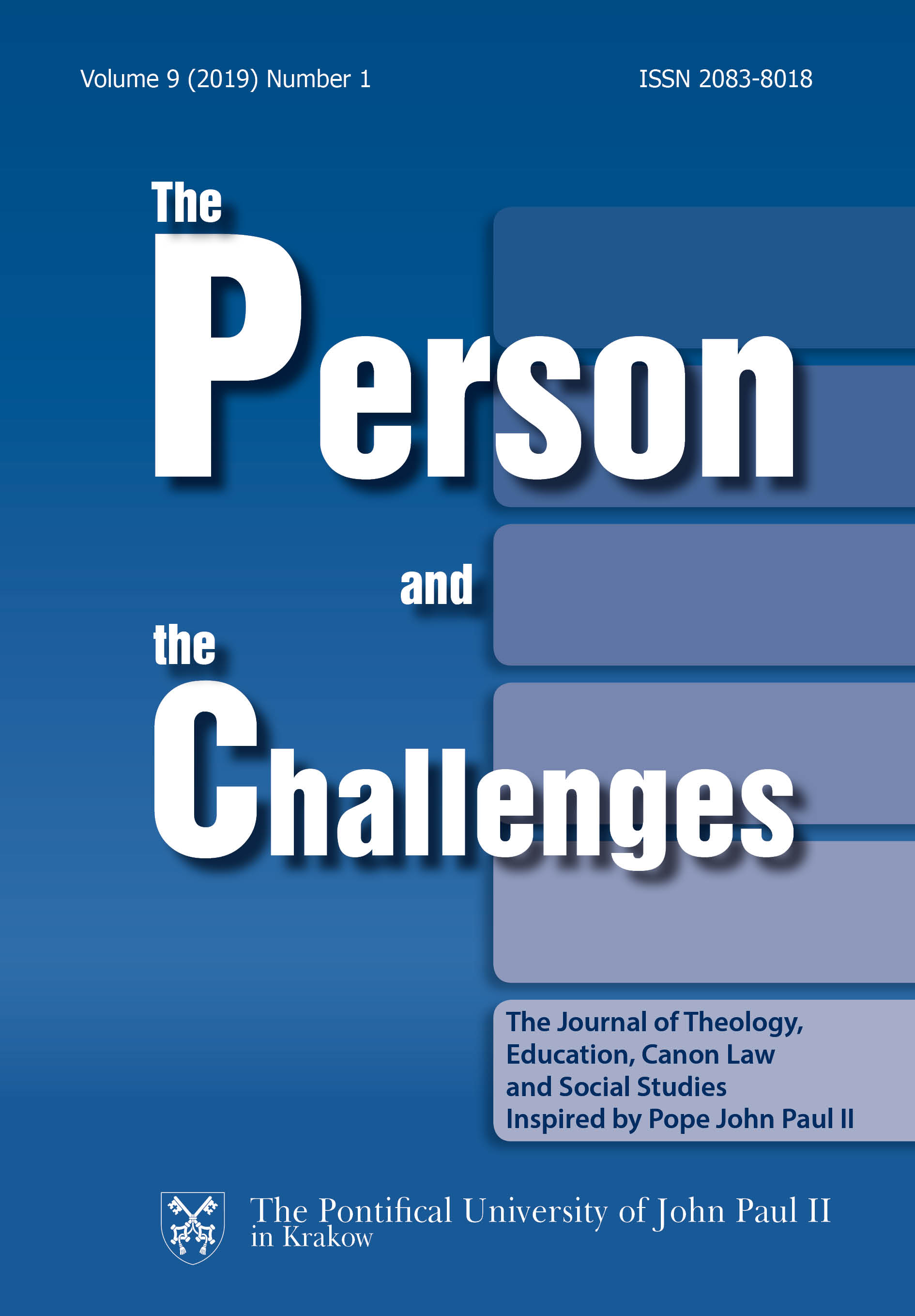21 Gdańsk Demands – a Political Monument
DOI:
https://doi.org/10.15633/pch.3367Słowa kluczowe:
Gdańsk Agreement 1980, Monuments to ideas, Human rights, John Paul IIAbstrakt
In the history of European civilisation there have been several documents of particular cultural weight and symbolic meaning. From Magna Carta Libertatum of 1215 to the Universal Declaration of Human Rights from 1948 we can trace the development of political ideas which, while being rooted in religious and philosophical thought, have had a strong impact on the lives of whole societies. In this article I attempt to look at the famous 21 Gdańsk demands from that perspective. The document, signed in August 1980 kindled a peace process which culminated in the collapse of communism in Europe. I would like to infer a relation between the possibility of signing such a document and the election of Karol Wojtyła as Pope. It also seemed interesting to compare the content of the 21 Gdańsk Agreement with that of the less well-known Rzeszów-Ustrzyki Dolne Protocol signed several months later.
Bibliografia
John Paul II, Gdańsk homily, 12.06. 1987, « L’Osservatore Romano » (1987), p. 8.
Magna Carta Libertatum The Western Tradition, vol. I, From the Ancient World to Louis XIV, Ed. E. Weber, Boston 1965, p. 218.
Wielkie mowy historii, t. 1: Od Mojżesza do Napoleona, Wyd. Polityka, Warszawa 2006.
United States Declaration of Independence.
Universal Declaration of Human Rights.
Tischner J., Etyka solidarności, Kraków 1981.
Strajki Ustrzycko-Rzeszowskie, IPN, Rzeszów 2014.
Pobrania
Opublikowane
Numer
Dział
Licencja
Prawa autorskie (c) 2019 Aleksander Bobko

Utwór dostępny jest na licencji Creative Commons Uznanie autorstwa 4.0 Międzynarodowe.
Autorzy publikujący w czasopiśmie udzielają jego wydawcy zgody o następującej treści:
- Autor zachowuje autorskie prawa majątkowe do utworu, a jednocześnie udziela wydawcy czasopisma zgody na jego pierwszą publikację w wersji drukowanej i wersji online na licencji Creative Commons Uznanie autorstwa 4.0 Międzynarodowe oraz zgody na wykonywanie opracowań, w tym przekładów.
- Autor ma możliwość udzielania zgody niewyłącznej na opublikowanie utworu w wersji, która ukazała się w czasopiśmie (np. zamieszczenia go w repozytorium instytucjonalnym lub opublikowania w książce), wraz z informacją o jego pierwszej publikacji w czasopiśmie.
- Autor może umieścić swój utwór online (np. w repozytorium instytucjonalnym lub na swojej stronie internetowej) jeszcze przed zgłoszeniem utworu do czasopisma.

